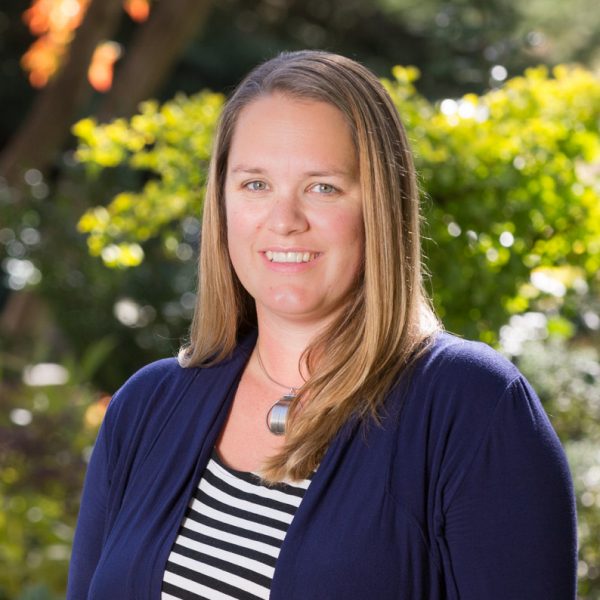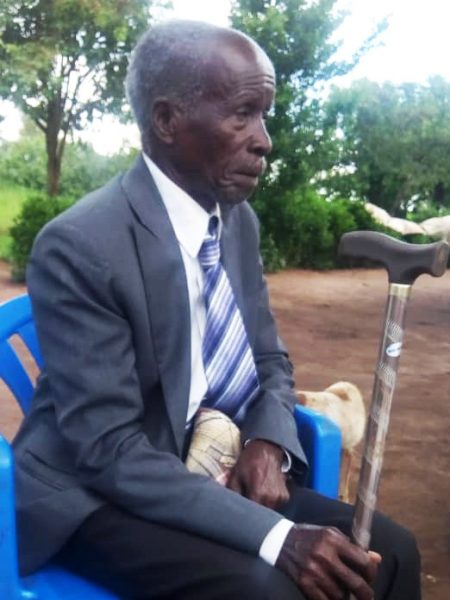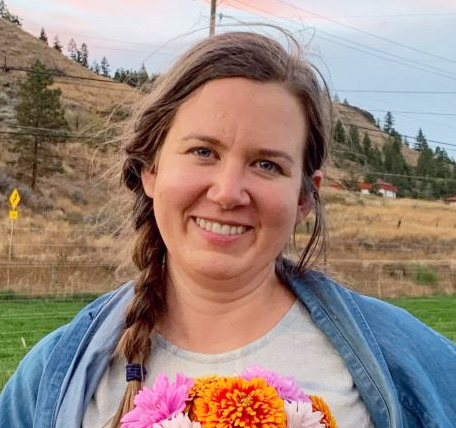Three TRU researchers have received more than $170,000 through the Social Sciences and Humanities Research Council (SSHRC) Insight Development Grants program. The program supports research in its initial stages, and funding is provided for short-term research projects of up to two years.
Projects supported through this latest round of funding include Heather Price’s research on challenges in cold case investigations, Bonnie Fournier’s project on the new wang-oo (cultural fires) in northern Uganda and Joceline Andersen’s work regarding conflict and conservation in BC forestry training films.
Supporting cold case investigators
For professor of Psychology and Canada Research Chair Heather Price, who conducts research and training with police and social workers on investigative interviewing of children and memory evidence in the justice system, Insight Grant funding helps support her team’s important work with police as they conduct cold case witness interviews in Canada, the United States and the United Kingdom.
“Assistant Professor Kirk Luther from the Department of Psychology at Carleton University and I are memory researchers at heart, but we’re applied memory researchers, so we think about what we know about the construct of memory and how that influences essentially the way things function in the justice system,” she says.

Heather Price
“From a cold case investigation perspective, we have found through our interactions with police that cold cases are solved primarily by science—for example, DNA technology or by witnesses. And so, if you have opportunities on the witness side of things, which can help lead you to new suspects or have people be more forthcoming with information than they previously were, that’s the piece that we’re interested in.”
After her presentation at the Canadian Cold Case Investigators Conference in 2017 on how basic memory principles might be relevant in cold case investigations, Price was approached by numerous attendees expressing interest.
“You’re always reminded that you have your own little field, and you take knowledge for granted,” says Price. “Things that we think of as every day concepts related to memory are not public knowledge, and police are experts, but they’re also public. They’re not studying memory theory every day although they encounter it a lot, so a lot of this information was new to them.”
Price saw the opportunity to fill a need and met with her colleagues to discuss next steps, including Applied Investigator Wayne Thomas, former U.K. police detective and intelligence officer, and current interview trainer with the FBI and other international police organizations.
“We talked about how to start both disseminating information about things that we already know, but also identifying the holes that we don’t know things about. So, this grant is really about the whole identification piece—surveying investigators on what they need, gathering their responses, talking to them in depth about their experiences and taking what we’ve learned they need to know and giving them concrete answers about strategies that might be useful. Essentially, we’re trying to match what we know and what we can gain in knowledge with the needs of investigators and the things they’ve noticed they don’t have the resources to investigate from a systematic perspective.”
The gathering around the fire

Bonnie Fournier
Through her research, Adjunct Professor Bonnie Fournier, from the School of Nursing, looks forward to reintroducing the traditional practice of the wang-oo in northern Uganda’s Omoro district using participatory theatre.
“In the Acholi culture, wang-oo means ‘gathering around the fire’ in their local language,” says Fournier. “It was where Elders would gather outdoors every evening with the different generations of the homestead and would share stories that would have a message or moral. If something was happening within the family or within the community, the Elders would bring forward different stories, often about animals, to help. It was a place where they would impart their knowledge.”
A 25-year civil war devastated northern Uganda, forcing people into internally displaced persons camps where many of their traditional practices, including the wang-oo, were stopped.
“Because of the trauma of war and living in camps for more than 25 years, the Acholi people’s cultural practices were eroded, along with their stories and the wang-oo,” says Fournier. “And the Elders lost their status within the community because people were just trying to survive day to day.”
Fournier adds that since returning to their villages, the wang-oo hasn’t been re-established.
“If you were born in the camp, and you’re 25-30 years old, you’ve never experienced the Elders teaching you around the fire. And your parents are probably traumatized from the war, and they wouldn’t be doing that.”

Elder Okumu at his Ugandan homestead.
Funding for Fournier’s project allows her to reintroduce the idea of the wang-oo to a new generation of Ugandans with the help of Elders she has been working with for the past two years.
“Our goal is to train community people in doing a particular kind of theatre to explore this whole idea of the wang-oo and what it used to be and how it could be transformed for today’s culture,” says Fournier, “Then that group of people would move from one community to another community to another community, creating moments where the audience participates in solving problems proposed in the play. The audience will be local and they’ll be the ones involved in changing the story and re-imagining a new wang-oo.”
Fournier says the hope is to sensitize the villagers to the wang-oo as something they could do while re-establishing the social role of Elders.
“The theatre is a way for this to be fun and entertaining but also transforming,” says Fournier. “It’s also a way to revive cultural knowledge that has long been seen as unimportant in the redevelopment of their village life and hopefully it will support healing and creating vibrant, healthy individuals.”
Change in forestry dialogue
Assistant Professor Joceline Andersen from the departments of Journalism, Communication and New Media Studies, and English and Modern Languages, acknowledges the support the grant provides.
“Funding allows us to look at productions that have been put together by different stakeholders in the forestry industry over a broad period of time, looking back to some films of the ’60s all the way to the early 2000s,” says Andersen, a first-time Insight Development Grant recipient.

Joceline Andersen
“We’re able to examine the ways in which these training films, which in some ways serve a very functional purpose, help reflect a change in forestry dialogue, and the way the industry positioned itself in relation to issues around sustainability, conservation, the place of forestry in the economy and how that’s reflected in these basic ideas of training.”
Andersen’s research also examines the different guidance reflected in the films over a specific period of time.
“In the central period that I’m looking at, in the ’80s and ’90s, I’m trying to examine the way that the media interacted with Clayoquot Sound’s War in the Woods, so that’s the central conflict I see happening and of course the conflict around conservation, the future of forests, how sustainable forestry was and whether the values to find communities were being considered, all these emerging concerns.”
By 2023, Andersen hopes to have a repository of films available as a shared resource on TRUSpace as well as a companion website that collects a variety of information including the different locations and individuals featured in the films.

